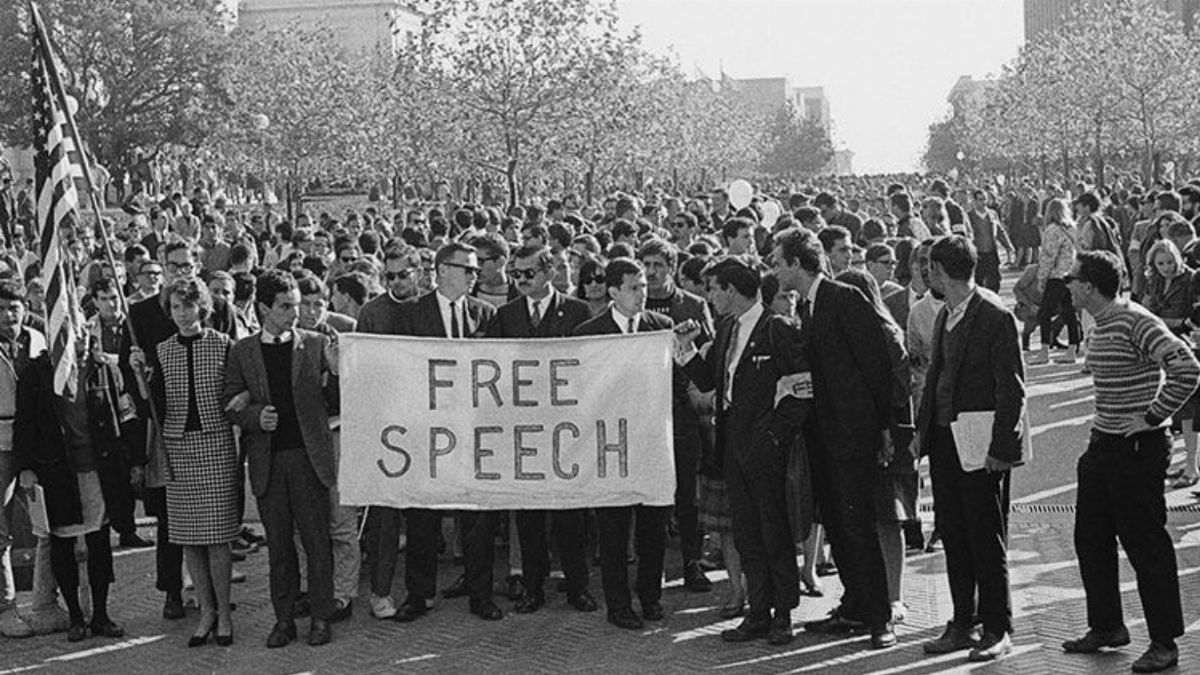
Free Speech
Free speech, also known as freedom of speech, is a fundamental right that allows individuals to express their opinions without fear of government censorship. In the United States, the First Amendment of the Constitution, ratified in 1791, protects free speech by prohibiting Congress from enacting laws that restrict speech or the press. This right is key to open debate and the free exchange of ideas in a democracy.
The roots of free speech trace back to ancient Greece, where it was integral to democratic governance. In modern times, free speech has been legally protected by documents such as Article 19 of the Universal Declaration of Human Rights (1948), which guarantees freedom of opinion and expression. The European Convention on Human Rights similarly protects free speech under Article 10, permitting restrictions only when necessary for public safety, national security, or the protection of others’ rights.
Despite its broad protections, free speech is not absolute. Most legal systems impose restrictions on speech that involves defamation, incitement to violence, or threats to public safety. The balance between free speech and these restrictions is an ongoing issue in legal systems around the world.
International organizations and advocacy groups such as the American Civil Liberties Union (ACLU) and Reporters Without Borders work to protect free speech rights and challenge censorship globally.
Stichworte







